Position 11
PTM regulation of replication stress responses with implications for ALT and PARPi sensitivity.
PhD position in PTM regulation of replication stress responses in the group of Prof. Dr. Matthias Altmeyer at the Department of Molecular Mechanisms of Disease, University of Zurich, Switzerland.
What is the candidate going to do?
Post-translational modifications (PTMs) of proteins play important roles in the coordination of genome surveillance, cell cycle regulation, and nuclear organization. PTMs regulate protein functions in space and time and their specificity and reversibility makes them ideal molecular switches that determine cellular stress responses and cell fate decisions. Enzymes involved in the deposition of PTMs and in their removal are thus promising drug targets, including targets of anti-cancer drugs.
While several types of PTMs, most prominently protein phosphorylation, ubiquitylation, and poly(ADP-ribosyl)ation (PARylation), have been implicated in replication stress and DNA damage responses, the crosstalk between different PTMs is far less well understood. Our recent work has focused on the ubiquitin E3 ligase TRIP12, which emerges as central node in the crosstalk of PTMs involved in genome surveillance. On one hand, TRIP12 is important to couple the extent of DNA damage-induced histone ubiquitylation to upstream phosphorylation events (Gudjonsson et al. Cell. 2012, Altmeyer & Lukas. Cell. 2013). On the other hand, we recently found that TRIP12 is also important for the crosstalk between ubiquitylation and PARylation (Gatti et al. Cell Rep. 2020). TRIP12 interacts with the main PAR-producing enzyme PARP1 and mediates its poly-ubiquitylation and proteasomal degradation. This in turn constrains DNA damage-induced PARylation and impacts the efficiency of clinically used PARP inhibitors (Gatti et al. Cell Rep. 2020). Mechanistically, how PAR/PARP1 recognition is coupled to ubiquitylation remained unclear. It is also not known if TRIP12 mediates the ubiquitylation of other PARylated proteins and how TRIP12 itself is regulated.
Using a combination of biochemistry and structure-function elucidation, proteomics, quantitative cell biology, and targeted RNAi/CRISPR screens, the regulation and function of TRIP12 for genome surveillance and cancer cell fate decisions shall be characterized. The project will benefit from the broad expertise of the network in replication stress and DNA damage responses and its prior work on ubiquitin and ubiquitin-like modifiers. In particular, interactions with the lab of Prof. Titia Sixma (NKI, Netherlands) will aid structure-function elucidation, interactions with the lab of Prof. Julien Duxin (CPR, Denmark) will aid proteomics-based identification of TRIP12 targets and regulators, and interactions with the lab of Prof. Sylvie Noordermeer (LUMC, Netherlands) will aid the identification of novel genetic interactions.
What does the candidate have to offer?
- Master of Science (M.Sc.) or equivalent degree in an area related to natural or biomedical sciences
- Genuine interest in molecular and cell biology and in regulation of genome stability
The ideal candidate should have good communication and writing skills, a curiosity-driven attitude, and demonstrate enthusiasm, flexibility, and independence. While not required, prior experience with mammalian cell culture and standard molecular biology and biochemical techniques is a plus.
About the institution
Department of Molecular Mechanisms of Disease, University of Zurich, Switzerland
The Department of Molecular Mechanisms of Disease with its research focus on chromatin biology, epigenetic regulation, and genome stability is integrated into the natural sciences campus of the University of Zurich, the biggest University in Switzerland and one of Europe’s leading research centers. On-site core facilities offer easy access to state-of-the-art technologies in genomics, transcriptomics, epigenomics, proteomics, metabolomics, cytometry, and advanced imaging. Zurich is a vibrant international city and major science hub with its two main universities UZH and ETH, the University Hospital Zurich, and a large cluster of biotech companies.
Any questions?
Do you have any questions or do you require additional information? Please contact Prof. Dr. Matthias Altmeyer: matthias.altmeyer@uzh.ch.


